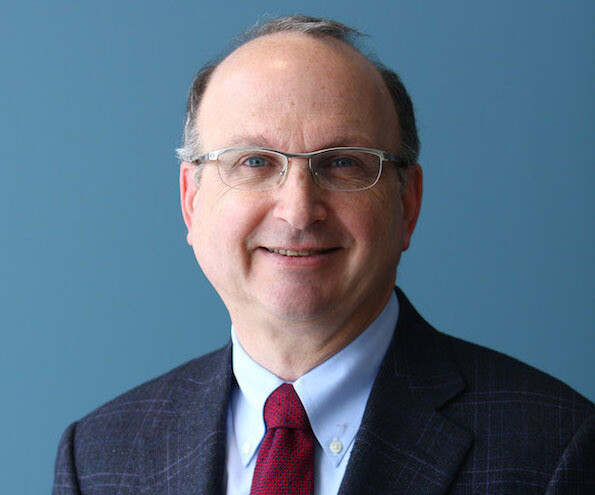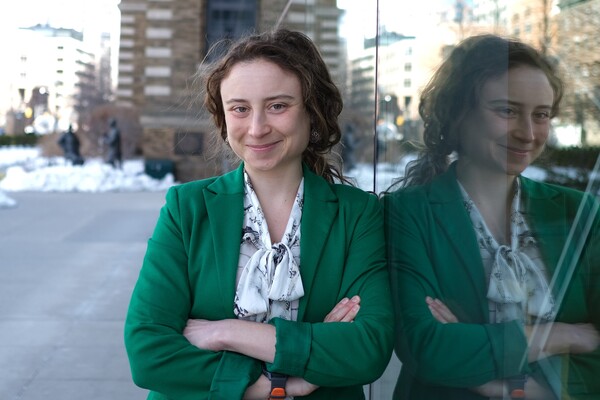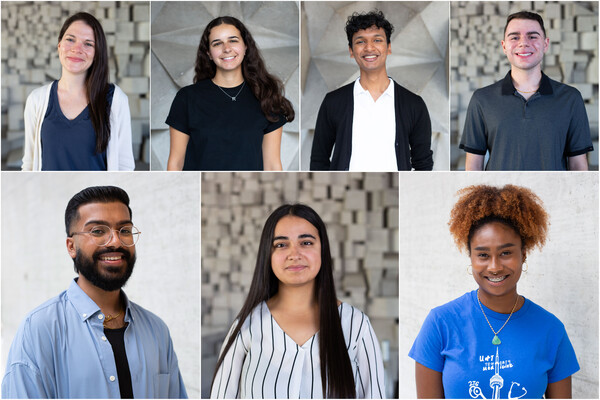Breadcrumbs
- Home
- MD/PhD Program
- News
- Unlocking the Researcher in Every Physician
Unlocking the Researcher in Every Physician

It’s impossible to separate the practice of medicine from medical research. As a Pediatric Nephrologist, I am continuously impressed with how research combined with meticulous analysis of clinical disease is informing how we understand kidney disease and what we can do to improve the lives of children we care for. That’s not to say that every doctor is — or should be — a physician-scientist, or that health research is the sole realm of doctors. But practice and research are inevitably and necessarily intertwined. Research discoveries broaden our understanding of health and disease, identify new prevention strategies and diagnostic tools, and present new therapies that guide the care we provide. At the same time, our engagement with patients raises new questions that research can answer. The dialogue between clinical care and medical research is essential to improving patient outcomes and advancing the long-term health of our communities.
To ensure future physicians are ready to fully engage in this dialogue, it’s important to provide students with more — and different — opportunities to engage in the research process. At the University of Toronto, we aim to be an international leader in this effort by offering an integrated and enriched training model for physician scientists. The Integrated Physician Scientist Training Pathway is providing greater flexibility, customization and sustainability in the training of physician-scientists. Under this initiative, we have taken a number of important steps over the past year to add new opportunities or improve existing ones to better integrate research into our medical training.
For example, through the development of Enriched Case Based Learning — which is co-tutored by physician-scientists in the Foundations Curriculum — we have placed greater focus on the integration of clinical medicine with research and innovation. Also we’ve added an enriched curriculum for MD/PhD students in the Longitudinal Integrated Clerkship (LInC). This allows greater customization of the clerkship experience to include patients in particular areas of interest and physician-scientist mentors who can enhance students’ understanding of the physician-scientist career.
We are also introducing new options to our longstanding Comprehensive Research Experience for Medical Students (CREMS) program. This includes a new tailored six-week research experience for MD/PhD students that is initiated by the student with a supervisor of their choice, and which is funded by a generous endowment from Jessie Calder. We are also ensuring that new MD/PhD students are integrating their graduate and undergraduate studies. As early as first year, full-time MD students are also taking graduate courses to prepare for their PhD studies. And through the MD/PhD Longitudinal Mentorship Program, which was established three years ago and had 34 participants last year, we are connecting our students with physician-scientists to help identify and prepare their career path.
Beyond formal initiatives by the Faculty, our students are also creating and sustaining opportunities to celebrate and engage in research and innovation. Today marks the 31st annual Medical Student Research Day, where MD and MD/PhD students will showcase more than 150 posters across research categories, including basic science, clinical medicine medical education and global health. In November we hosted the Third Annual Young Investigators Forum for clinical scientists in training, a group that includes MD/PhD students and Clinician Investigator Program trainees. More than 180 students attended the event from across Canada.
Whether they are leading a research group or understanding how new research findings may determine the future course of care for their patients, our graduates need to be conversant in the latest research methodologies. Ensuring our students have the opportunity to engage in research across the broadest spectrum is essential in preparing tomorrow’s physicians. Through these activities, we’re unlocking the researcher in every physician and ensuring better care in the process.
P.S. You can read more about the achievements in the Physician Scientist Training program by reading our newly released 2015-2016 Annual Report.
Norman Rosenblum, MD, FRCPC
Associate Dean, Physician Scientist Training
Faculty of Medicine
News


